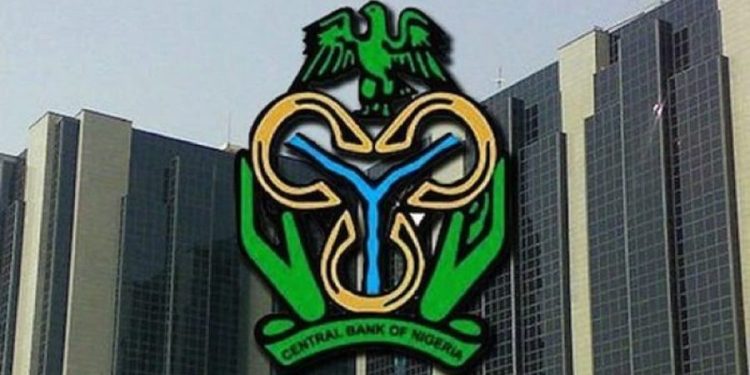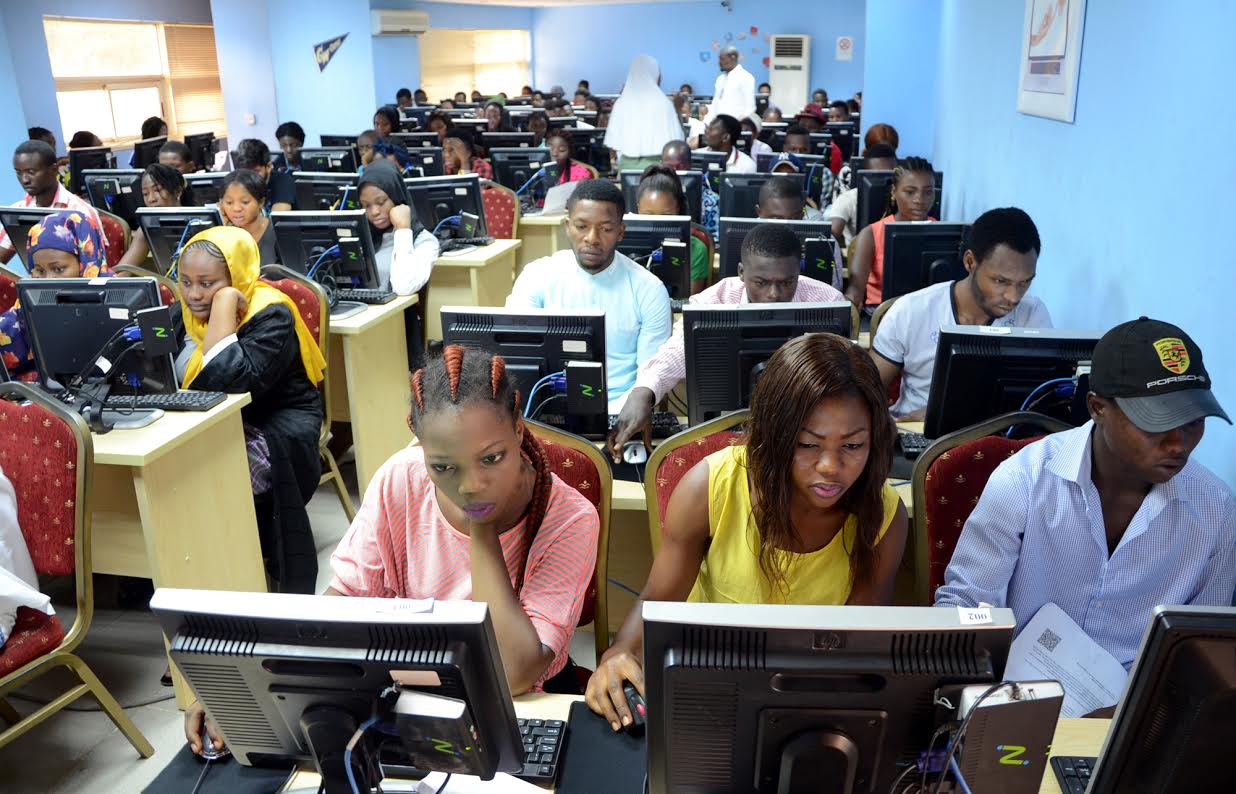Nigeria News
Nigeria at 63: What’s next for the Giant of Africa?

As Nigeria celebrates its 63rd Independence Day, it is a momentous occasion to reflect on the nation’s journey, its achievements, challenges, and, most importantly, its future. Nigeria, often referred to as the “Giant of Africa,” has seen remarkable transformations since gaining independence from British colonial rule on October 1, 1960. However, the road to progress has been marked by various hurdles, leaving many to ponder, “What’s next for Nigeria?”
Historical Perspective
Nigeria’s history is a tapestry of diverse cultures, languages, and traditions. Its strength lies in its rich cultural heritage and a population that has grown to become one of the largest on the African continent. The struggle for independence and the vision of leaders like Nnamdi Azikiwe, Obafemi Awolowo, and Ahmadu Bello paved the way for a united Nigeria.
Milestones and Challenges
Over the past 63 years, Nigeria has achieved significant milestones in various sectors, including education, healthcare, and commerce. The nation has witnessed periods of economic growth, diplomatic prominence, and cultural influence. It has also navigated challenges such as political instability, corruption, and security threats. The journey has been characterized by both progress and setbacks.
Economic Potential
Nigeria boasts immense economic potential, with vast reserves of oil, a burgeoning youth population, and a burgeoning middle class. However, despite its potential, Nigeria has faced economic disparities, unemployment, and a reliance on oil revenues that have left the economy vulnerable to global fluctuations.
Diversification and Sustainable Development
The next phase of Nigeria’s journey must focus on diversification and sustainable development. It is imperative to reduce the nation’s dependence on oil exports and invest in other sectors such as agriculture, technology, and manufacturing. Initiatives like the Nigerian Youth Investment Fund (NYIF) and the National Social Investment Program (NSIP) are steps in the right direction, aiming to empower the youth and alleviate poverty.
Infrastructure and Technology
Infrastructure development remains a key priority. Improved road networks, reliable power supply, and efficient transportation systems are essential for economic growth and attracting foreign investment. Embracing technology and digital innovation can also propel Nigeria forward, opening up new opportunities for entrepreneurs and businesses.
Education and Human Capital
Investing in education and human capital is crucial for Nigeria’s future. Quality education equips the workforce with the skills needed to compete globally. Initiatives like the Universal Basic Education (UBE) program and the Tertiary Education Trust Fund (TETFund) have made significant strides, but more needs to be done to ensure inclusive and accessible education for all.
Unity and Security
Unity and security are fundamental for Nigeria’s progress. Addressing regional and ethnic tensions through dialogue and inclusivity is essential. Moreover, tackling security challenges, including terrorism and banditry, is imperative to create a stable environment for development.
Good Governance and Accountability
Promoting good governance and accountability is vital to combating corruption and ensuring that public resources are used effectively. Strong institutions, transparent leadership, and the rule of law are cornerstones of a thriving democracy.
Conclusion
As Nigeria turns 63, it stands at a critical juncture in its history. The nation has the potential to achieve greatness on the African and global stages, but this potential must be harnessed through strategic planning, commitment, and a shared vision for a better Nigeria. The road ahead will undoubtedly be challenging, but with unity, innovation, and perseverance, Nigeria can unlock its full potential and write a new chapter in its history—one of prosperity, inclusivity, and progress.
The responsibility of shaping Nigeria’s future rests not only with its leaders but with every citizen who dreams of a brighter tomorrow. The journey continues, and what’s next for Nigeria is a story yet to be told—one that can be shaped by the collective efforts of its people.
Happy Independence Day, Nigeria! The world is watching, and the future is in your hands.



















